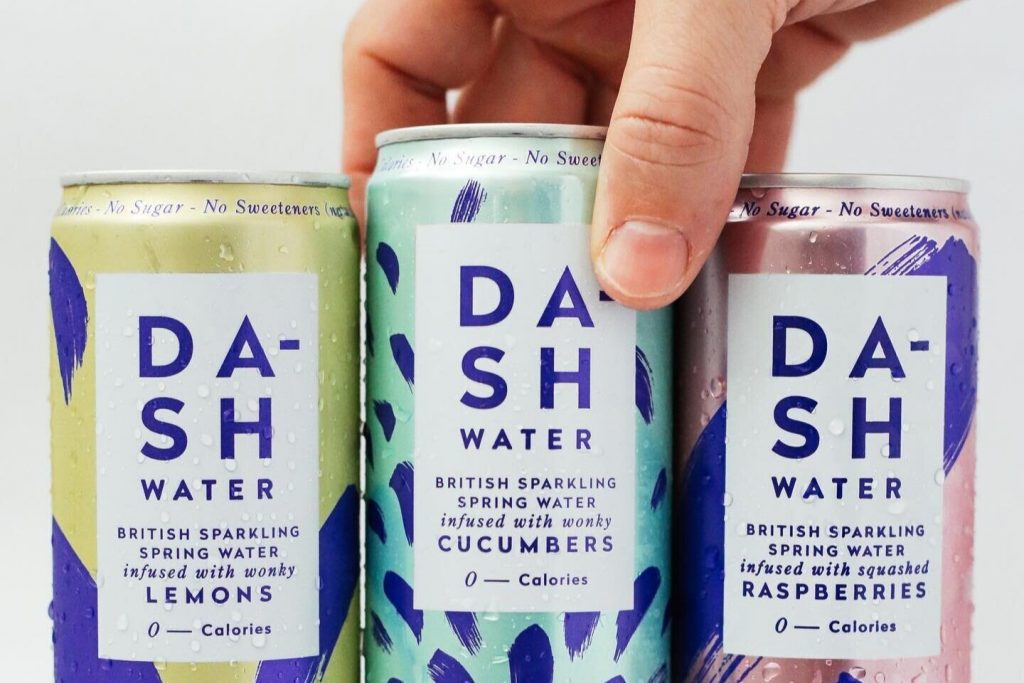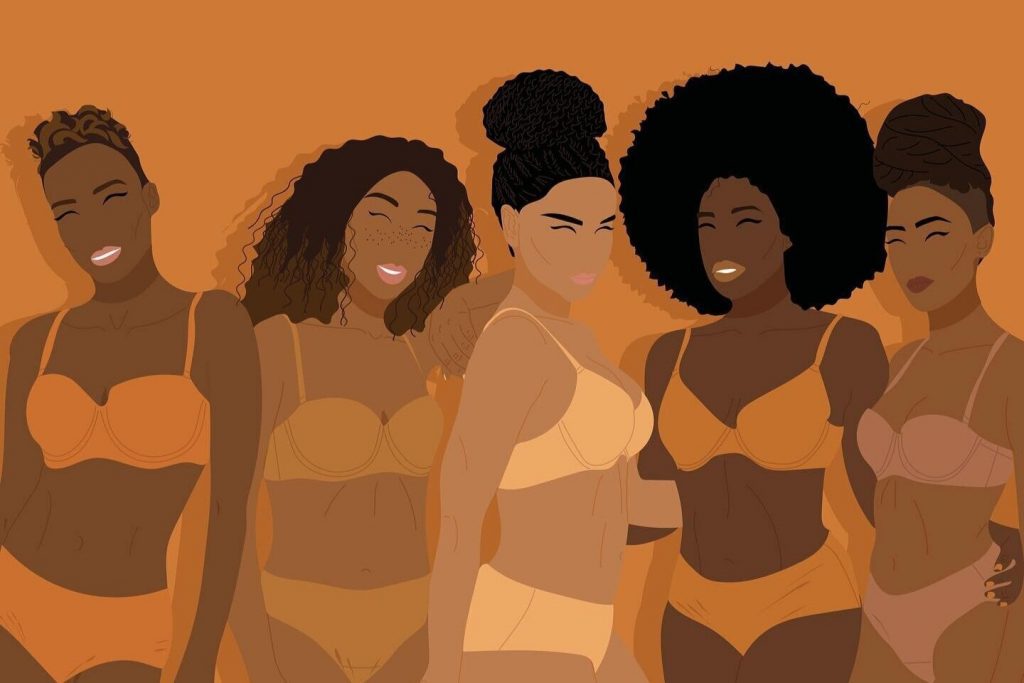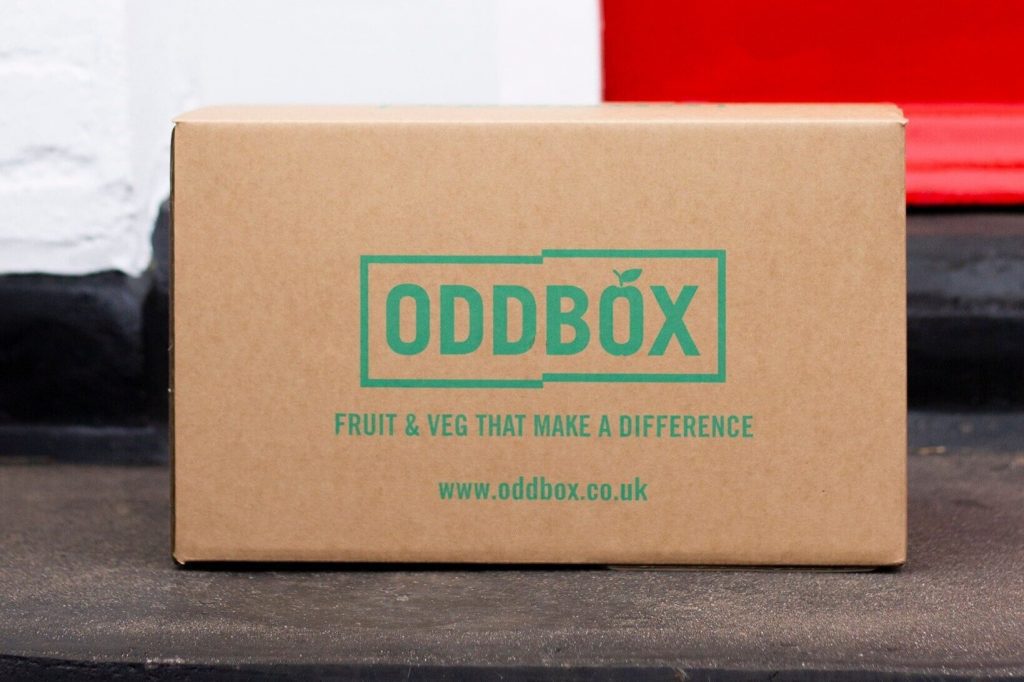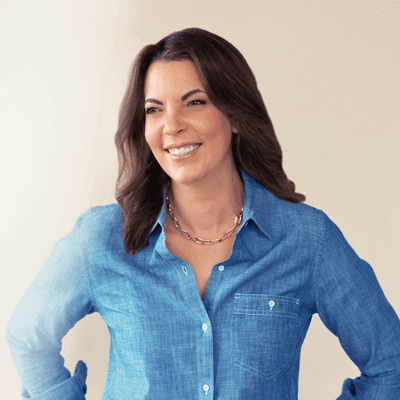More than twenty years ago, Adam Morgan, founder of strategic brand consultancy eatbigfish, coined the term ‘challenger brand’. In the two decades since, Morgan has developed a process for brands to strategically implement challenger thinking and behaviour to drive disproportionate growth, and thus he and eatbigfish were the perfect partners for PHD to collaborate with on two thought leadership publications around challenger thinking, 2012’s Overthrow: 10 ways to tell a challenger story and 2019’s award-winning follow-up Overthrow II: 10 strategies from the new wave of challengers.
Each year, eatbigfish sets its eyes on the up-and-coming challenger brands making a major splash in their industries. With political and social turbulence a major backdrop of 2020, and – it nearly goes without saying – a pandemic which has held every corner of the planet in its grip, we could all use a little joy and humour in 2021. Many of eatbigfish’s 2021 challenger brands to watch do just that.
Here is a look at three of the challenger brands to keep an eye on in 2021. The full list of challengers to watch is available here.
DASH
 The founders of Dash Water, Alex Wright and Jack Scott, set out on their journey in 2017 to build a new flavoured sparkling water which would reduce food waste by using wonky fruit and veg as the key ingredient.
The founders of Dash Water, Alex Wright and Jack Scott, set out on their journey in 2017 to build a new flavoured sparkling water which would reduce food waste by using wonky fruit and veg as the key ingredient.
2020 was a big year for Dash. The company saved 145 tonnes of wonky fruit and veg that would have otherwise gone to waste. And it became the leading brand in the seltzer category by sales value, taking more share than category mainstay San Pellegrino (2nd) and fellow challenger Ugly Drinks (3rd).
Challenger brands are often characterised by their desire to, not just progress their brand, but progress their category too. Dash might not be the shoutiest brand in the aisle, but it’s a quiet revolution that is really starting to bubble.
Read more about Dash at TheChallengerProject.com.
GUGU INTIMATES
 For a long time, ‘nude’ underwear, even in Africa, has catered almost exclusively to fairer skin tones. Historically, if you perused the racks of mainstream retailers, you’d find a variety of beige or peachy ‘nudes’ – but rarely (if ever) a range of skin-toned options for black and brown women.
For a long time, ‘nude’ underwear, even in Africa, has catered almost exclusively to fairer skin tones. Historically, if you perused the racks of mainstream retailers, you’d find a variety of beige or peachy ‘nudes’ – but rarely (if ever) a range of skin-toned options for black and brown women.
Gugu Nkabinde launched Gugu Intimates in April 2017 with a mission to ‘adorn brown-skinned girls in beautiful, premium quality underwear that complements your skin tone no matter what shade you are.’ This is clearly not just about fashion; this is about challenging conventional Western standards of beauty and empowering women of colour by helping them feel comfortable and confident in their own skin.
While Gugu Intimates has already become immensely popular – with distribution through partner stores across South Africa, in Zimbabwe, and the States – Nkabinde doesn’t yet believe it is a ‘success’. For her, the brand will be successful when women worldwide can say: I’ve found my nude, for my size, with the right fit and support for my needs.
Read more about Gugu Intimates at TheChallengerProject.com.
ODDBOX
 Oddbox is on a mission to fight food waste from our doorsteps by rescuing surplus fresh produce direct from farms and delivering boxes filled with fruit and veg every week to homes across the UK.
Oddbox is on a mission to fight food waste from our doorsteps by rescuing surplus fresh produce direct from farms and delivering boxes filled with fruit and veg every week to homes across the UK.
Due to tight UK regulations on fruit and veg, 20-40% of all produce grown doesn’t meet the outdated supermarket specifications. The regulation means only straight cucumbers and apples of a specific diameter are accepted to supermarket shelves, so food waste remains the norm. Over 4.5 million tonnes of perfectly edible fruit and veg go without being eaten every year in the UK (and that doesn’t even account for the wasted water, labour and land used to produce that wasted food).
Oddbox act with conviction in its fight against food waste. The company partners with charities such as the Felix project to act on food poverty in the UK and redistribute what would be waste food to those who need it. During the pandemic, Oddbox helped the suffering farming industry by taking all the fruit and veg that would usually have gone to the hospitality sector and instead redistributed the produce to people’s homes.
Despite all the challenges of 2020, Oddbox had a great year. The business benefitted from the rising demand for doorstep delivery, it surpassed one million boxes sold for the year, and a new round of investment raised £3m to expand. To cap the year off, it also became a B Corp.



